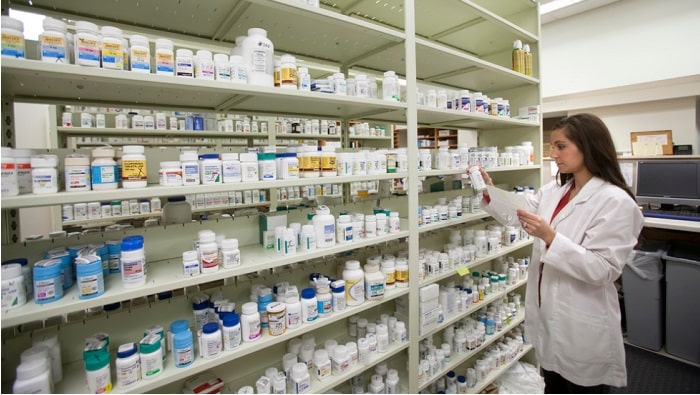The European Medicines Agency has set forth its objectives for the Product Management Service (PMS), aiming for it to serve as a definitive repository of medicinal product information. PMS functions as a comprehensive database accessible to regulators and marketing authorization holders, with a subset of its data available to the public via a dedicated portal, ensuring patients have reliable information about their medications.
PMS plays a central role in the EMA’s SPOR program, designed to standardize data under the Identification of Medicinal Products- IDMP standards in the EU. This initiative aims to enhance data consistency, facilitate data exchange among European regulatory bodies, promote transparency in product information across Europe, and streamline regulatory processes through digitalization.
According to the EMA’s presentation during its PMS information day in April, the system is intended for use by both regulatory bodies and industry, supporting various regulatory and non-regulatory activities and providing European citizens with trustworthy product information. Companies are encouraged to view PMS not merely as a regulatory requirement but as a strategic initiative at the management level, leveraging valuable data for commercial as well as regulatory purposes.
Pharmaceutical companies are increasingly discussing the use of artificial intelligence and digital tools across multiple functions, highlighting the necessity of high-quality data. Compliance with PMS ensures data integrity, which is critical for achieving goals such as enhancing decision-making processes, supporting regulatory and operational efficiencies, and enabling advanced AI projects.
The EMA has outlined several benefits and business outcomes expected from PMS, including improved decision-making based on comprehensive data availability, support for regulatory procedures, and operational efficiencies.
Master data from PMS integrates with other domains of SPOR- substance, organizations, and referential to uniquely identify products, streamline operations and minimize errors caused by manual processes. This unified approach reduces redundancy and enhances data accuracy across regulatory systems.
PMS-derived master data is utilized in several EMA systems, including the electronic Application Form- eAF, European Shortages Medicines Portal- ESMP, and electronic Product Information- ePI. Companies submitting applications through the PLM portal for Centrally Authorized Products- CAPs utilize eAF, which incorporates PMS data. Companies can propose updates to outdated master data through regulatory authorities, ensuring information accuracy.
ESMP addresses drug shortages in the EU, especially critical during public health crises like COVID-19, using PMS data to monitor medicine availability. The ePI initiative addresses patient frustrations by providing digital package leaflets, utilizing PMS as its data foundation.
These applications highlight the importance of maintaining updated master data for PMS to support diverse regulatory and business needs effectively.
While SPOR is a European initiative, IDMP represents a global standard poised for global adoption. Ensuring PMS data readiness now supports regulatory compliance, enhances business benefits across Europe, and prepares companies for global IDMP implementation.




















